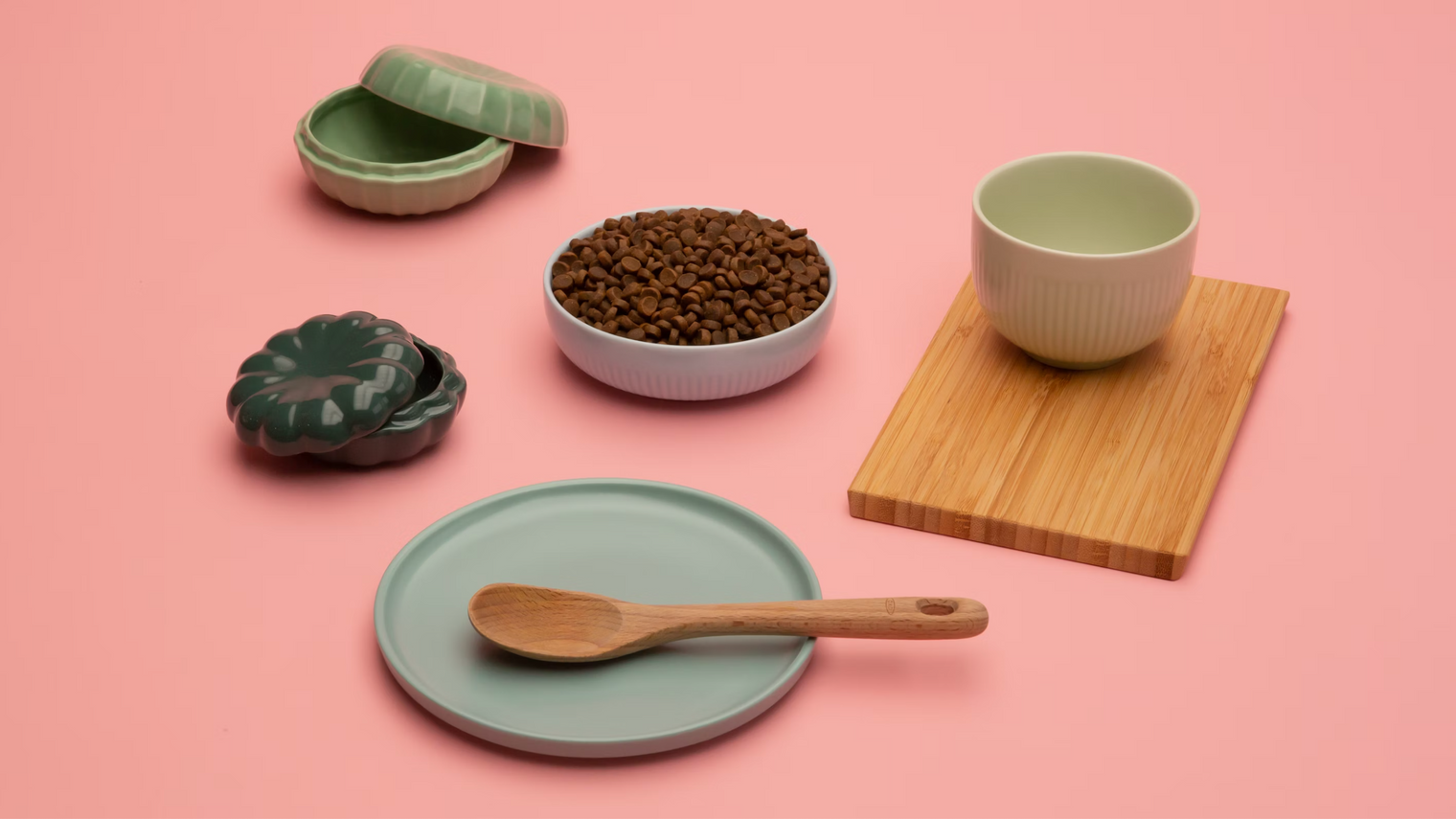As a responsible cat owner, you want to ensure that your feline friend is getting the best nutrition possible. Feeding your cat a balanced diet is essential for their overall health and well-being. But with so many options available, it can be overwhelming to choose the right food for your cat. In this blog post, we will explore the healthiest foods for your cat, backed by scientific research and expert recommendations.
1. High-Quality Protein
Cats are obligate carnivores, which means they require a diet rich in animal protein. Look for cat foods that list a high-quality source of protein, such as chicken, turkey, or fish, as the main ingredient. Protein is essential for maintaining strong muscles and supporting healthy growth and development.
2. Essential Fatty Acids
Omega-3 and omega-6 fatty acids are crucial for your cat's skin and coat health. These fatty acids also play a role in promoting a healthy immune system and reducing inflammation. Look for cat foods that contain sources of essential fatty acids, such as fish oil or flaxseed.
3. Limited Carbohydrates
Cats have a limited ability to digest carbohydrates, so it's important to choose cat foods that are low in carbohydrates. High-carbohydrate diets can lead to obesity and other health issues in cats. Look for cat foods that have a higher percentage of protein and fat compared to carbohydrates.
4. Adequate Moisture Content
Cats have a low thirst drive and are prone to dehydration. Including wet or canned cat food in your cat's diet can help increase their overall moisture intake. Adequate hydration is essential for maintaining healthy kidney function and preventing urinary tract issues.
5. Balanced and Complete Nutrition
Ensure that the cat food you choose is labeled as "complete and balanced" by the Association of American Feed Control Officials (AAFCO). This means that the food meets the minimum nutritional requirements for cats. Look for the AAFCO statement on the packaging to ensure that your cat is getting all the necessary nutrients.
6. Limited Additives and Fillers
Avoid cat foods that contain excessive additives, fillers, or artificial preservatives. These ingredients offer little to no nutritional value and can potentially harm your cat's health. Opt for cat foods that have a short and recognizable ingredient list.
Remember, every cat is unique, and their nutritional needs may vary. It's always a good idea to consult with your veterinarian before making any significant changes to your cat's diet. They can provide personalized recommendations based on your cat's age, weight, and any specific health concerns.
By choosing the healthiest foods for your cat, you are investing in their long-term health and happiness. A well-balanced diet can help prevent common health issues and ensure that your cat thrives. So, take the time to research and select the best cat food options available, and watch your furry friend flourish!

